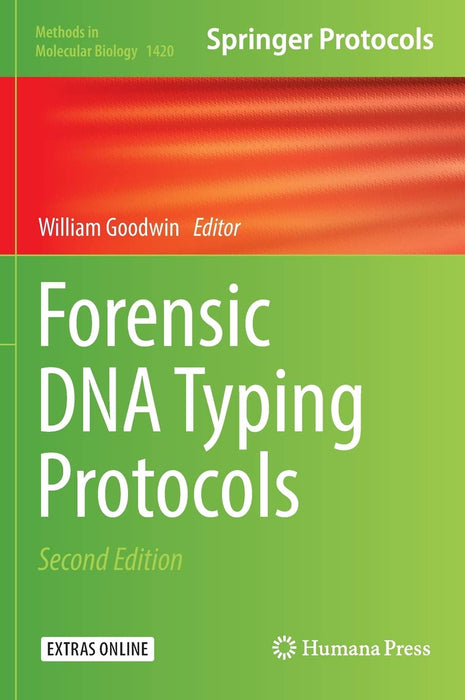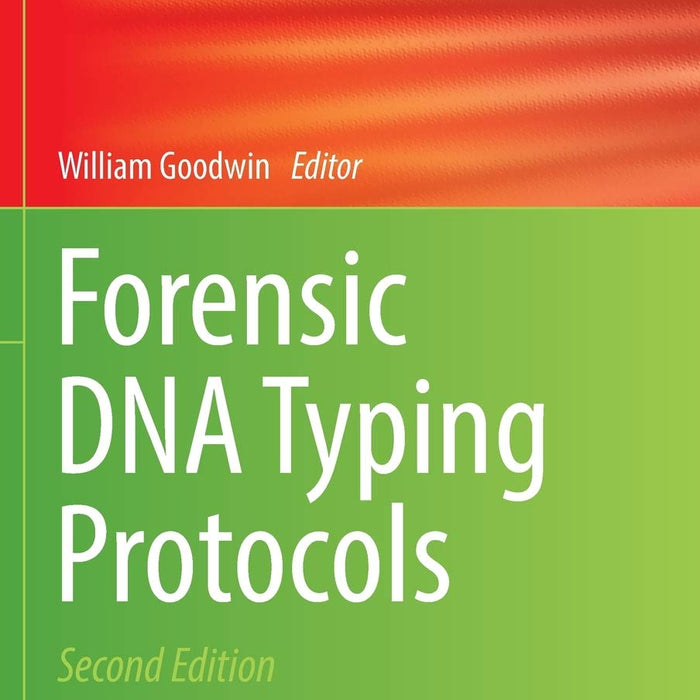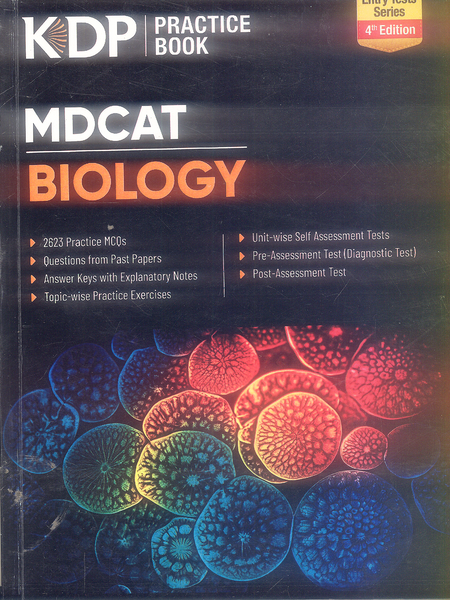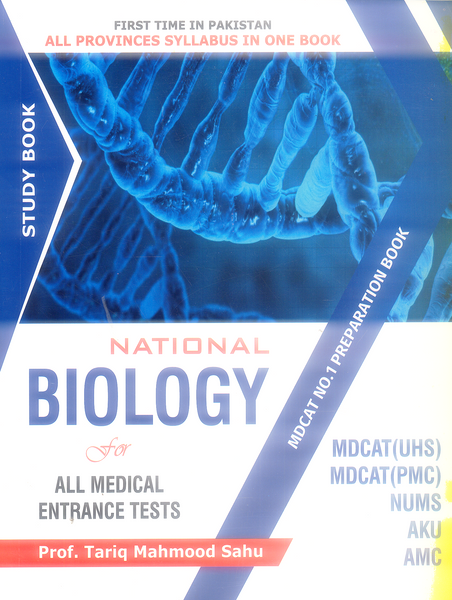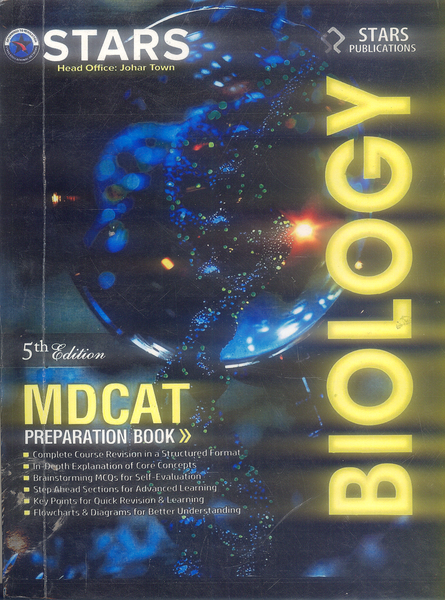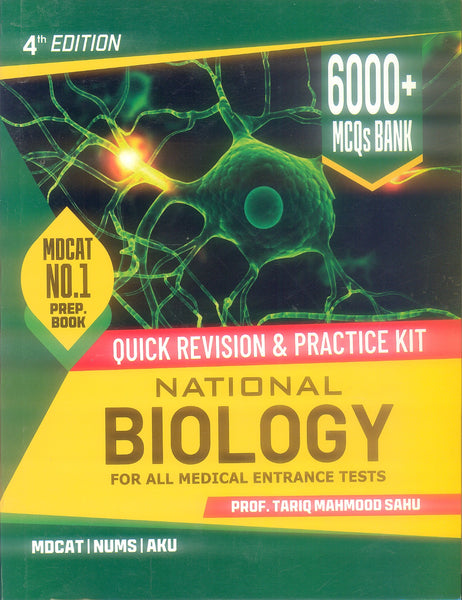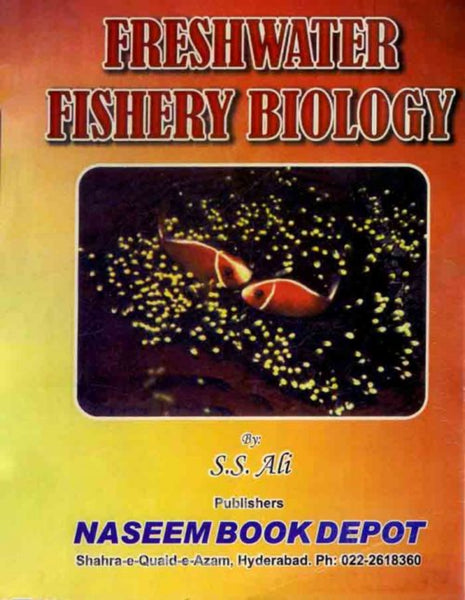Forensic DNA Typing Protocols 2nd Edition by William Goodwin (Editor)
- Publisher: BIOLOGY
- Availability: In Stock
- SKU: 49381
- Number of Pages: 308
Rs.790.00
Rs.1,095.00
Tags: best books , Best Price , Best Selling Books , CODIS , DNA Amplification , DNA Contamination Prevention , DNA Degradation , DNA Evidence , DNA Extraction , DNA Fingerprinting , DNA Forensic Research , DNA Mixture Interpretation , DNA Profiling , DNA Quantification , DNA Recovery , DNA Sequencing , DNA Statistical Interpretation , DNA Typing , Forensic Anthropology , Forensic Biology , Forensic Casework , Forensic DNA Databases , Forensic DNA Typing Protocols , Forensic DNA Typing Protocols 2nd Edition , Forensic Genetics , Forensic Identification , Forensic Laboratory Techniques , Forensic Molecular Biology , Forensic Science , Genetic Markers , Kinship Analysis , Mitochondrial DNA , ONLINE BOOKS , Online Bookshop , PCR Techniques , Population Genetics , SNP Analysis , STR Analysis , Touch DNA , William Goodwin , Y-STR Analysis
Forensic DNA Typing Protocols (2nd Edition)
Author: William Goodwin (Editor)
Quality: Black White Pakistan Print
Introduction
Forensic DNA Typing Protocols (2nd Edition) edited by William Goodwin is a detailed guide to the methods and techniques used in forensic DNA analysis. The book provides step-by-step protocols for DNA extraction, quantification, amplification, and analysis, covering both traditional and advanced technologies. It addresses key challenges faced in forensic casework, including degraded samples, low-template DNA, and contamination. The second edition reflects technological advancements and includes new chapters on next-generation sequencing (NGS) and DNA mixture interpretation. This book is designed to assist forensic scientists, lab technicians, and researchers in improving accuracy and reliability in DNA profiling.
Key Points
-
Comprehensive DNA Extraction and Quantification Methods
- The book outlines protocols for extracting DNA from various biological samples, including blood, tissue, and bone, with guidelines for handling degraded samples.
-
Polymerase Chain Reaction (PCR) Techniques
- Detailed steps for PCR amplification are provided, including optimizing reaction conditions and addressing inhibitors to improve efficiency.
-
Next-Generation Sequencing (NGS) in Forensics
- A new chapter covers NGS applications in forensic science, including advantages in resolving complex DNA mixtures and identifying rare alleles.
-
Contamination Control and Quality Assurance
- The book emphasizes best practices for preventing contamination and ensuring data integrity, including lab setup and reagent handling.
-
Data Analysis and Interpretation
- Guidelines are provided for analyzing and interpreting STR profiles, mitochondrial DNA, and mixed samples, along with statistical methods for reporting results.
Why Read This Book
This book is essential for forensic scientists, lab professionals, and researchers seeking to deepen their understanding of DNA analysis in criminal investigations. Its detailed protocols and practical guidance make it a valuable resource for both training and casework.
Conclusion
Forensic DNA Typing Protocols (2nd Edition) by William Goodwin is a thorough and practical resource for forensic DNA analysis. Its combination of fundamental techniques and advanced methods ensures that readers are equipped with the knowledge needed to handle complex forensic cases with confidence and precision.

